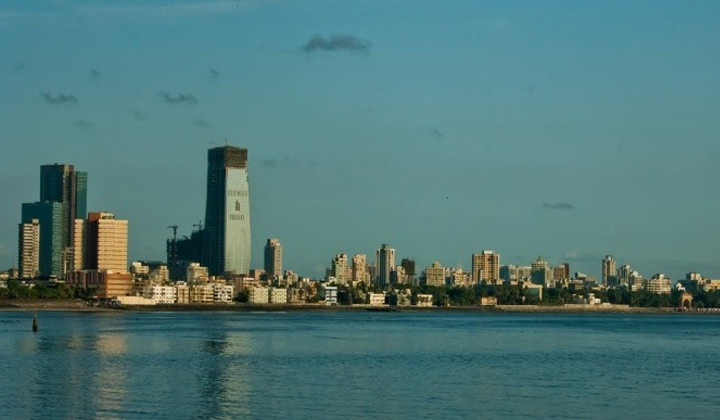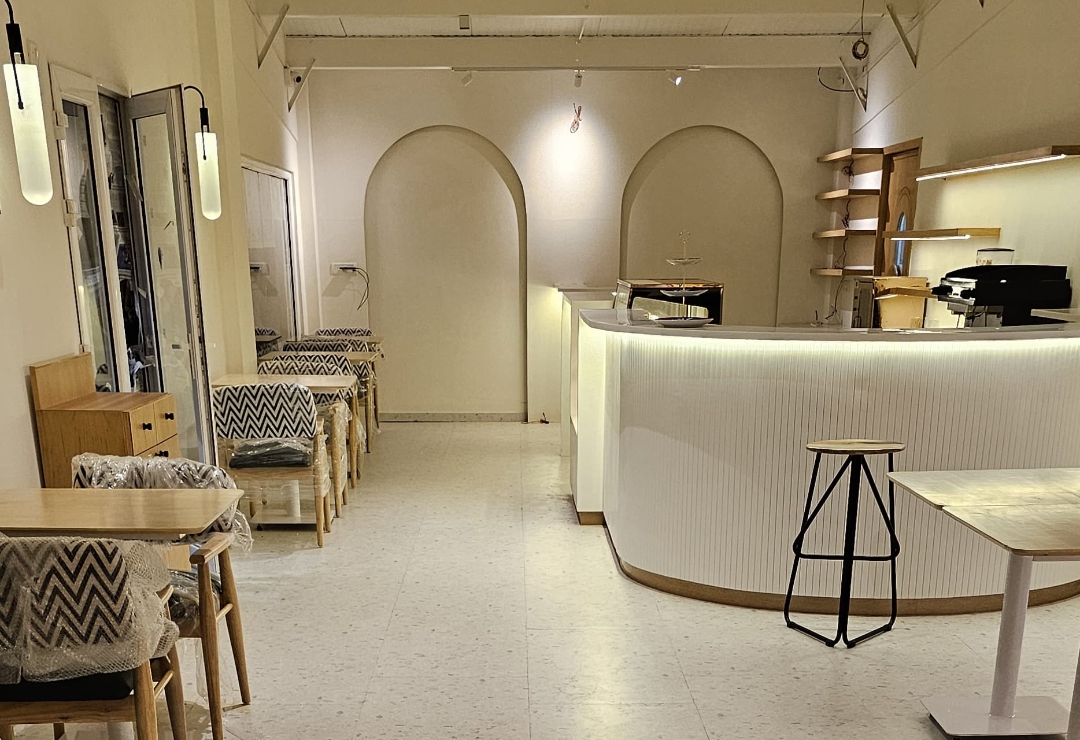Trending Now
- Action should be taken against the cops who protect the Ganja accused in TN : PMK leader Anbumani Ramdoss
- Votes that go to Congress or INDI alliance is a waste : PM Modi
- Court grants one-day custody to police to investigate Youtuber Savukku Shankar.
- We actually got our independence only in 2014. The independence to change this country as it should be : Actor , politician, Kangana Ranaut
Real Estate
Chinese Investment in Australian Real Estate Doubles
![]() April 10, 2016
April 10, 2016
The value of Chinese approvals last financial year was $18 billion, three times the amount the U.S. invested
Chinese investment in Australian real estate doubled last financial year. The annual report of Australia’s Foreign Investment Review Board shows China was the largest investor for the year that ended June 30, 2015, receiving approvals to spend 24 billion Australian dollars (US$18 billion), three times the amount the U.S. invested and six times what Singapore put in.
The value of Chinese approvals was up from A$12 billion in 2013-14, when China surpassed the U.S. for the first time as Australia’s biggest foreign investor in real estate. Foreign investment in Australia requires largely government approval.
Chinese buyers have been helping fuel a residential construction boom in Australia that has been shielding the economy from recession as the years of growth in mining sector investment comes to an end.
Australia is now the second-most-popular target market for Chinese property investors after the U.S., according to search data from Juwai.com, a popular international real estate portal in China.
Some Chinese investors have become more cautious in recent months after Beijing introduced controls to prevent too much money from leaving the nation while the stock market slides and economic growth slows.
In the second half of last financial year, the Australian government also began a crackdown on abuse of homeownership laws by foreign buyers, ordering several residential-property owners to sell after they illegally acquired established properties. Current laws generally allow foreign investors to only buy homes before they are built, typically in apartment developments.
Still, Juwai.com’s chief executive officer Charles Pittar said there remains “immense pent-up demand” for international property among Chinese investors.
“China’s share has risen from less than one-tenth to more than one-quarter of all of foreign real-estate investment in Australia since 2012. There will be ups and downs, without a doubt, but the long-term trend is up,” he said. “This is important because it shows that the China bears who claimed Chinese investment was falling off a cliff are badly informed.”
Foreign appetite for Australian residential property from around the world soared last financial year, with the value of approved investments rising by 75%. Real estate was the biggest sector for foreign-investment approvals in Australia in 2014-15 at A$97 billion, accounting for about 50% of the value of all approvals.
The second biggest investor in the Australian property market behind China was the U.S., with A$7 billion of investments approved by FIRB, followed by Singapore, with A$3.8 billion. Gains in the U.S. dollar against the Australian dollar made Australia an attractive investment for Americans, while the Singaporean purchases continued a trend of the past several years. Many Singaporeans travel to Australia for university or vacations, and some have bought property there.
China also topped the list for total investment approvals in Australia last financial year, totaling A$47 billion including tourism, manufacturing, agriculture and mineral exploration.
























